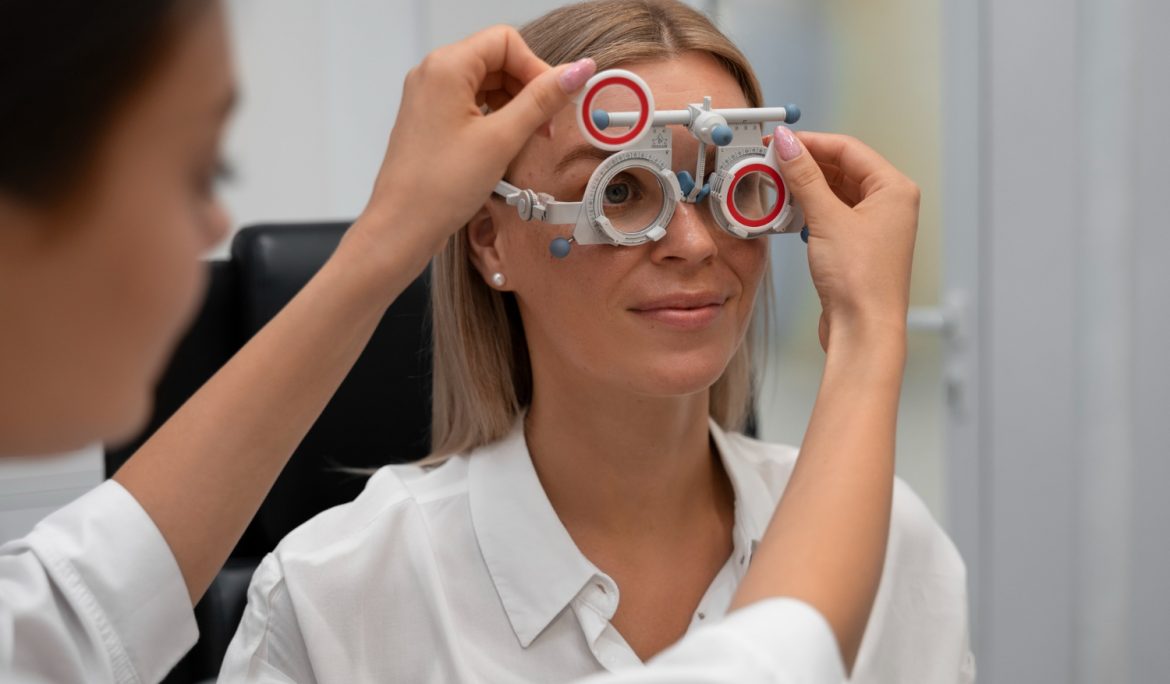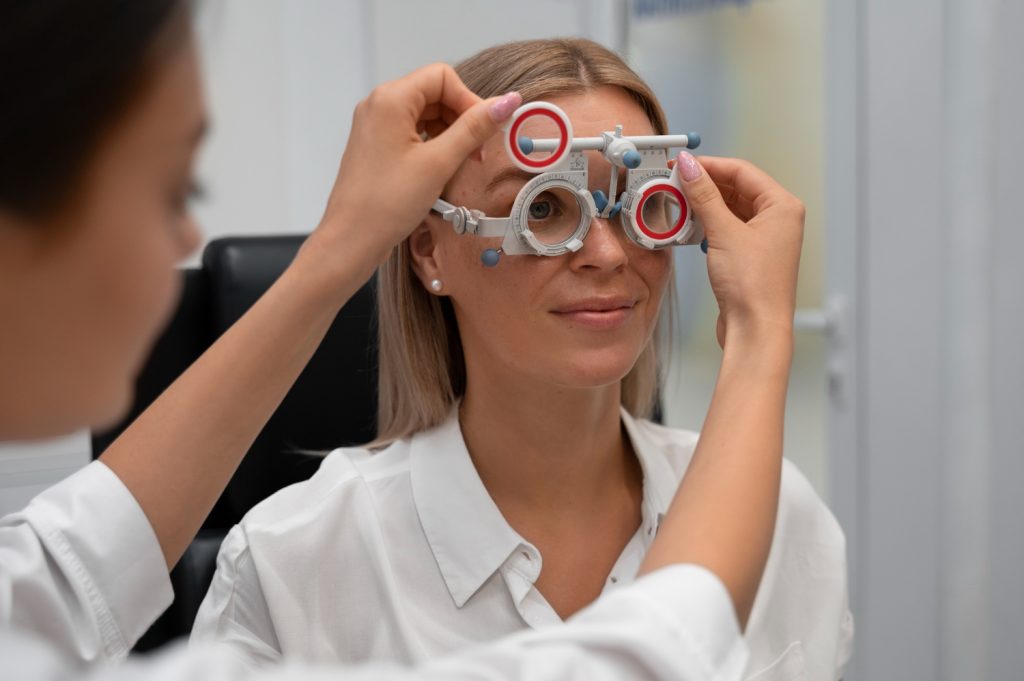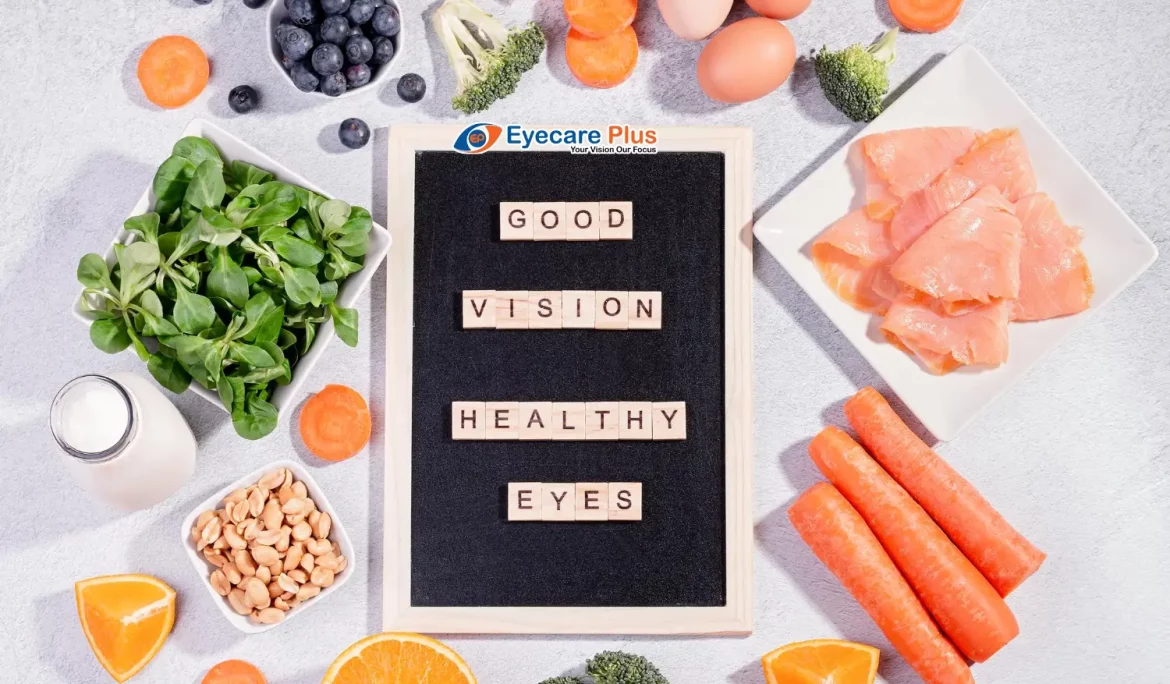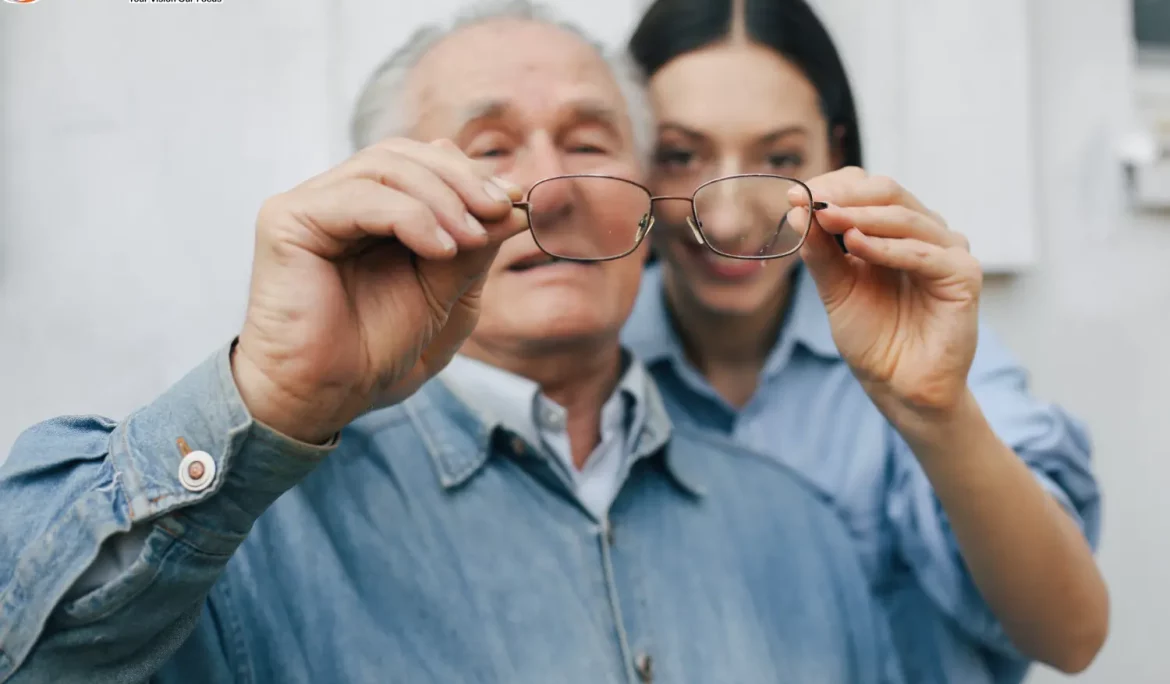Have you ever heard about the term hyperopia before? If not, then this article is specially written for people like you who are unaware of various eye diseases. The term Hyperopia is the scientific name for the farsightedness issue in the eye. It is common yet serious eye issues that raise difficulty in seeing nearby objects.
The severity of your farsightedness impacts your ability to focus. According to the optometrists Royal Oak, suffering from hyperopia individuals with a high focusing ability can see distant objects clearly, while those with reduced focusing capacity may struggle to see nearby objects clearly.
Hyperopia can be genetic or can occur due to injury or eye disease. If you are suffering from it, then keep reading this article to know its symptoms, diagnosis and care.
Major Symptoms of Hyperopia
- You may see objects near you blurry.
- You may feel burning in your eyes while looking at closer objects.
- To focus near an object, you might be squinting to focus.
When To Consult With A Doctor Regarding Hyperopia?
If you are facing issues performing tasks such as reading, writing and operating a laptop then there is a need to consult with a doctor or an expert at the eye clinic Calgary, you might be suffering from farsightedness.
Your doctor will share with you the degree of your farsightedness and treatment accordingly, helping you overcome this eye disease.
What are the Side Effects of Hyperopia?
Patients suffering from this disease face difficulty with their day-to-day jobs. Some serious side effects that occur due to farsightedness are:
Strabismus: Some kids born with the genetic issue of Hyperopia may develop the chance to suffer from a crossed eye. However, it can be treated by using eyeglasses specially designed to correct farsightedness.
Decrease the Quality of Life: Suffering from hyperopia patients feel stressed while performing their task such as reading a newspaper. So it becomes necessary to correct farsightedness. Your refractive error may distract you from enjoying your life.
Squint: If you ignore farsightedness, it may force your eyes to squint. Squint is the major reason why we strain our eyes to see things clearly.
How to Overcome Hyperopia?
The best way to treat farsightedness is to visit an optometrist or eye specialist and get a comprehensive eye exam. They will help you get proper vision care. They may detect another eye disease while checking your eyes, so it becomes important to go for a comprehensive exam.
If you get detected with hyperopia, then your eye specialist will suggest multiple treatments which will help you manage hyperopia. Refractive eyeglasses and lenses are the most common solution available among many.
On the other hand, if the patient is above 18 years of age he/she can go for LASIK surgery and intraocular lens implantation to end this eye issue.
Which Treatment For Hyperopia is Best for You?
It depends on the patient’s age and lifestyle before he/she can choose the appropriate correction treatment to go with. Before finalizing, do discuss it with your eye expert, as they will surely suggest you the best option to choose from.
Last Words!
Optometrist Royal Oak suggests in some cases hyperopia significantly impacts your vision whereas in some it can be controlled and corrected. In case you suffer from blurriness and cannot see near objects clearly do consult your eye specialist.
Frequently Asked Questions (FAQ’s)
Which Treatment For Hyperopia is Best for You?
It depends on the patient’s age and lifestyle before he/she can choose the appropriate correction treatment to go with. Before finalizing, do discuss it with your eye expert as they will surely suggest you the best option to choose from.
How to fix hyperopia naturally?
There are certain exercises suggested by eye experts to fix hyperopia naturally. Follow shift focus, blinking, near-far shifting and eye circles exercise.
Does hyperopia improve with age?
In some patients, especially in kids, hyperopia gets better as they get older. If it doesn’t, then the routine wearing of glasses needs to follow.

















